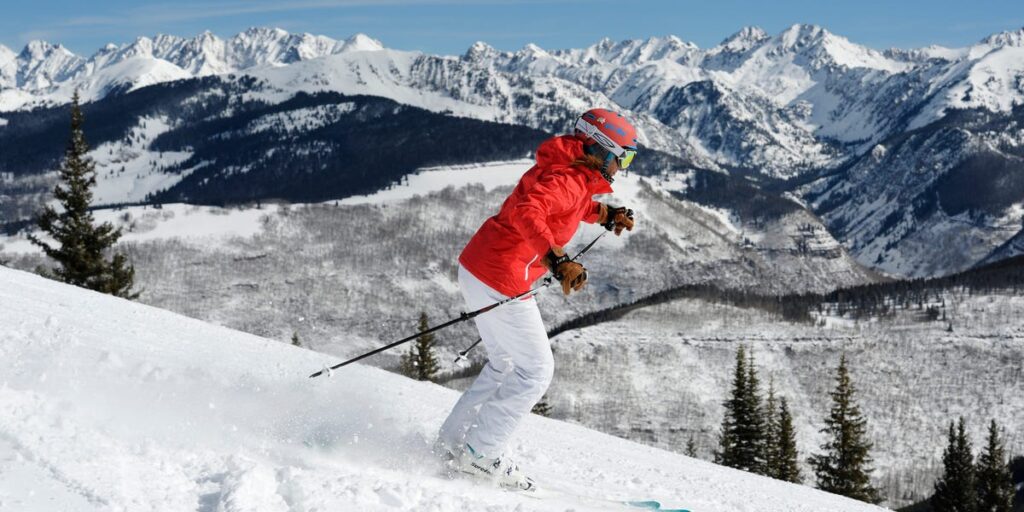Vail Resorts may be the largest ski company in the world, but its CEO said it needs a turnaround.
The Colorado-based company reported results for Q4 and the 2025 fiscal year on Monday, during which it said total skier visits were down 3% compared to the previous year.
Season pass sales for the coming 2025-2026 ski season were also down. The company said the number of passes sold as of September 19 for the coming season was down 3% year-over-year. Sales dollars from passes were still up 1% due to a 7% price hike.
“The results from this past season were below expectations, and our season-to-date pass sales growth has been limited,” said CEO Rob Katz on the earnings call, adding, “We recognize that we are not yet delivering on the full growth potential that we expect from this business.”
Vail Resorts owns or operates more than 40 ski resorts around the world, including its namesake property in Colorado. Vail’s Epic Pass, which comes with access to its network of resorts, started at $1,051 for the coming ski season.
“Our approach to engaging with guests has not kept pace with shifting consumer behaviors, and as a result, we have not been able to fully capitalize on our competitive advantages or adapted our execution appropriately to respond to shifting dynamics,” Katz said.
Katz, who became CEO in May, outlined several areas where he thinks Vail Resorts could improve and attract more guests, including its media strategy. He said the company has historically relied on email marketing, but it has been less effective in recent years as consumer behavior has changed.
The CEO said Vail Resorts is going to modernize its marketing strategy with a greater focus on digital and social platforms, including partnering with influencers. Katz mentioned TikTok as an opportunity that the company has not previously been heavily engaged with.
He also said the company would focus more on guests’ emotional connection to its properties instead of “transactional call-to-action messaging.”
“We’re elevating the individual brands of our resorts by tapping into the emotional connection guests have with each destination,” Katz said. “This is an important differentiator in a competitive landscape.”
Katz said the decline in pass sales was driven by fewer new pass holders and fewer renewals among guests who had only had a pass for one year. In contrast, he said renewals were up among longtime pass holders.
He said the company was also working on improving its lift ticket offerings, including through a program that provides pass holders with discounted day passes for their guests.
“This not only celebrates the social side of skiing and riding, but it also drives lift ticket sales for new guests that would be attracted to visiting our resorts with their friends and family,” Katz said. “Importantly, the full value of the ticket can be applied towards a future pass purchase, making it a powerful tool for future pass conversion.”
Vail Resorts is also adopting a more dynamic pricing strategy to optimize its lift ticket prices based on the individual resort and timing, Katz said.
Katz said some of the changes the company is implementing are long-term strategies and that he’s confident Vail Resorts can return to higher growth in the 2027 fiscal year and beyond.
Shares in Vail Resorts were trading down after hours. As of market close on Monday, its stock was down 60% from its 2021 peak.
Have a tip? Contact this reporter via email at [email protected] or Signal at @kelseyv.21. Use a personal email address, a nonwork WiFi network, and a nonwork device; here’s our guide to sharing information securely.
Read the full article here
















